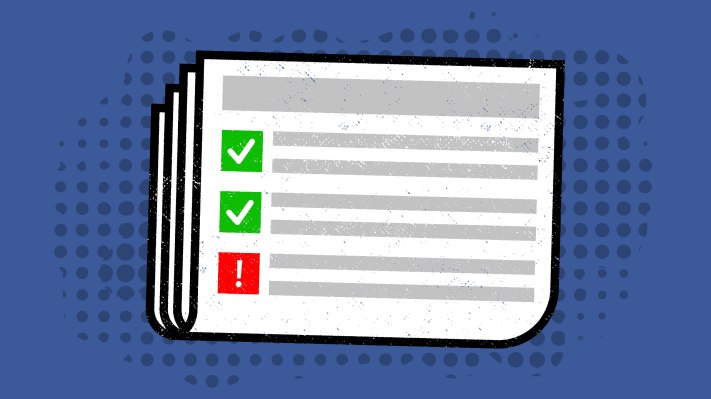France’s president has said he plans to introduce new legislation aimed at curbing the spread of online fake news during election periods.
Concern about how social media platforms are being misappropriated to channel and amplify disinformation has rocketed up the political agenda in recent years, most especially in the wake of the 2016 US presidential election and as more details have emerged about the extent of Russian-backed online content meddling.
Speaking at a media briefing yesterday, Emmanuel Macron told journalists: “In election times content on the Internet will have to follow slightly different rules. As you know, propagating fake news on social media only requires a few tens of thousands of euros and can be done with total anonymity.” (via The Guardian)
Macron was himself the target of attempted online smear campaigns ahead of his election last year. Including after hackers leaked campaign emails hours ahead of the vote, mixing some genuine emails with fake info such as false claims he was operating off-shore accounts in the Cayman Islands in an attempt to impact his electoral chances.
He said the planned legislation will impose stricter transparency requirements on online platforms vis-a-vis advertiser content during election periods — by making it a requirement that advertisers’ identity be made public.
He also suggested there will be caps on the amount of money that can be spent on sponsored content during these periods.
Over in the US, under mounting political pressure on the issue, Facebook has already said it will increase transparency around political advertising on its platform by requiring ads to include a disclosure stating which page paid for an ad and also give users the ability to visit the advertiser’s page to see all the ads they’re currently running to any audience on Facebook.
According to The Guardian, an emergency legal action in the planned French legislation could allow authorities to remove content or even block a website — a measure that would doubtless prove controversial.
“If we want to protect liberal democracies, we must be strong and have clear rules,” Macron is quoted as saying.“If we want to protect liberal democracies, we must be strong and have clear rules,”
France’s media watchdog, the CSA, will also be empowered to fight against “any attempt at destabilisation” by TV stations controlled or influenced by foreign states, he also said.
Russian state broadcaster RT launched a Paris-based French language channel in December — expanding its existing French language content despite fierce condemnation from the French president who, during a joint press conference with Russian president Vladimir Putin last May blasted RT and fellow Russian broadcaster Sputnik for being “organs of influence and propaganda that spread counterfeit truths”.
In November, UK Prime Minister Theresa May also directly accused Russia of seeking to meddle in the democratic affairs of other nations by planting fake stories in the media to try to sow discord in the West by ‘weaponizing information’.
“The UK will do what is necessary to protect ourselves, and work with our allies to do likewise,” she said then.
The UK’s Electoral Commission is currently investigating online activity funded by Russia that targeted the June 2016 EU referendum vote.
A UK parliamentary committee also has a wider ongoing enquiry into fake news — and its chair has been highly critical of Facebook and Twitter for failing to co-operate.
Facebook has sought to placate concerns about how fake news can spread on its platform by introducing various tools and processes intended to add more context around news content and/or try to limit the spread of fake news by hampering malicious actors.
But it’s clear that political momentum is building behind a new transparency regime for tech giants, rather than more opaque in-house ‘tech fixes’.
